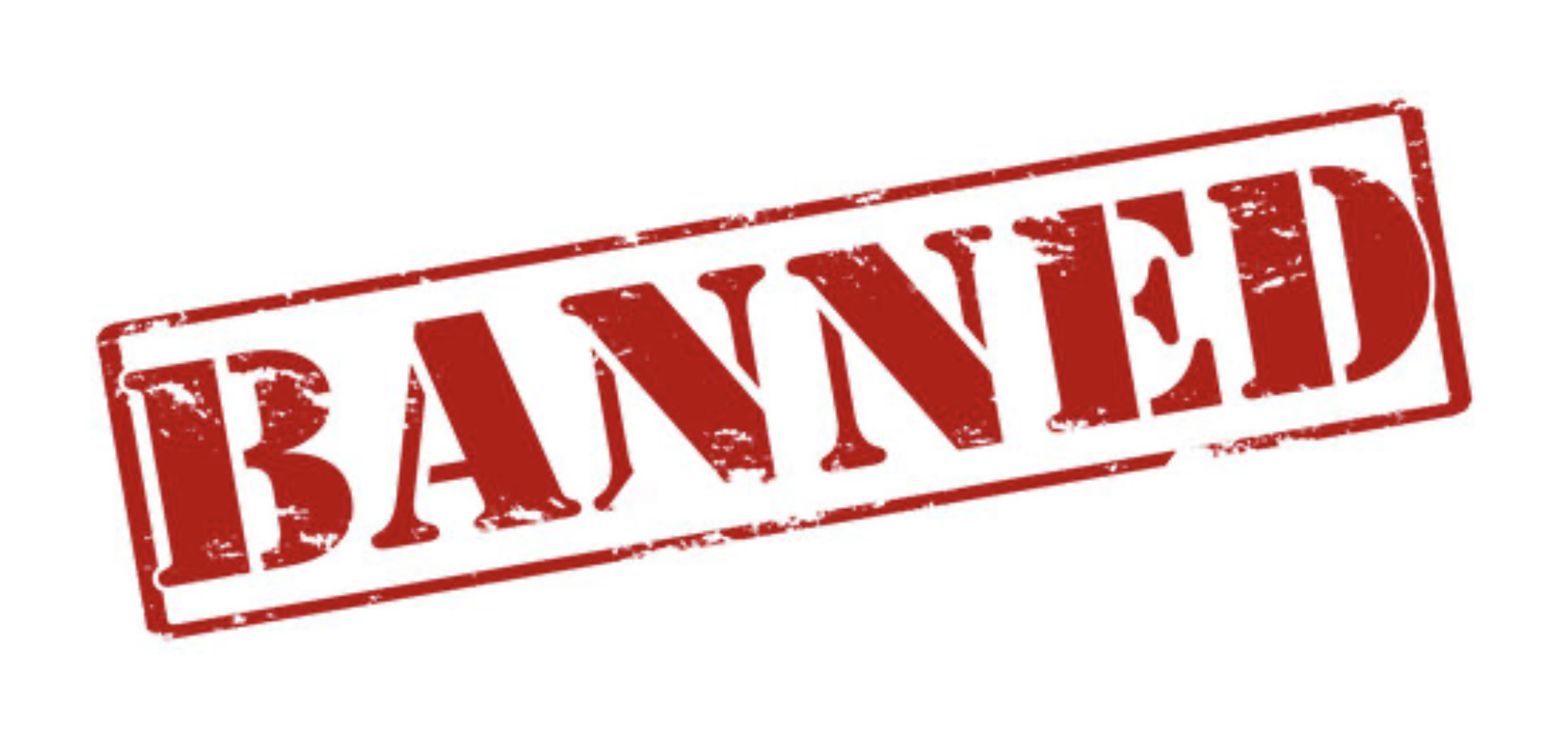Kerby Anderson
Many colleges and universities have speech codes and other policies that narrow the realms of permissible speech. And what started on campus has made its way to the broader society.
This was a topic on my radio program when one day I was interviewing the president of a Christian college and the next day I was interviewing Nadine Strossen (former president of the ACLU). Both were against the suppression of speech even though they come from different political perspectives.
Erwin Lutzer in his new book No Reason to Hide devotes part of a chapter to how words and policies suppress speech. He believes that word control will lead to thought control. It puts parameters around what people can say.
One university posted a list of offensive words. Students and faculty must stop using words and phrases like picnic, trigger warning, and even rule of thumb. Other words that have been flagged in society include freshman, victim, survivor, addict, disabled person, policeman, and many others.
I believe we should be sensitive to words that could be harmful to another person. But I would also agree with Erwin Lutzer that PETA (People for the Ethical Treatment of Animals) goes too far because it wants baseball to ban the word “bullpen” out of a consideration for the bovine species.
Word suppression leads to verbal suppression and self-censorship. One survey discovered that nearly two-thirds (62%) of Americans said that “the political climate today keeps them from expressing their beliefs.” An even higher percentage (77%) of conservatives “feel compelled to keep their beliefs to themselves.”
We should support free speech and criticize attempts to suppress speech through speech codes or social intimidation.
 Listen Online
Listen Online Watch Online
Watch Online Find a Station in Your Area
Find a Station in Your Area











 Listen Now
Listen Now Watch Online
Watch Online
